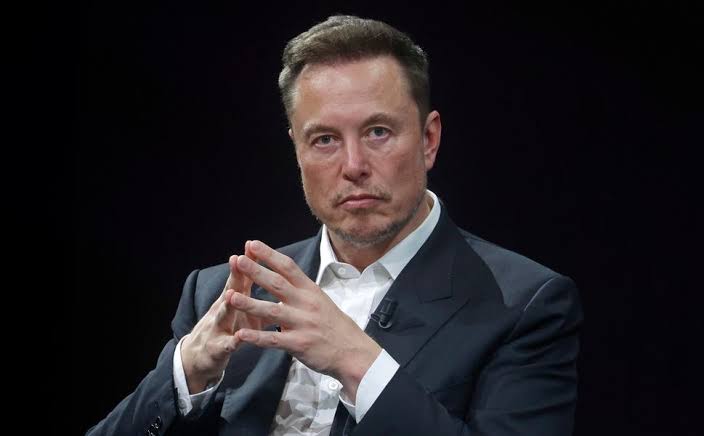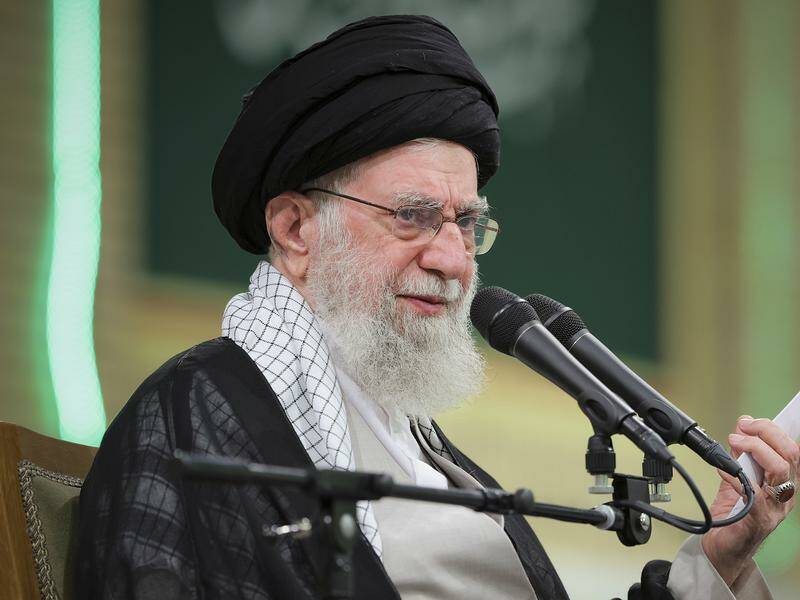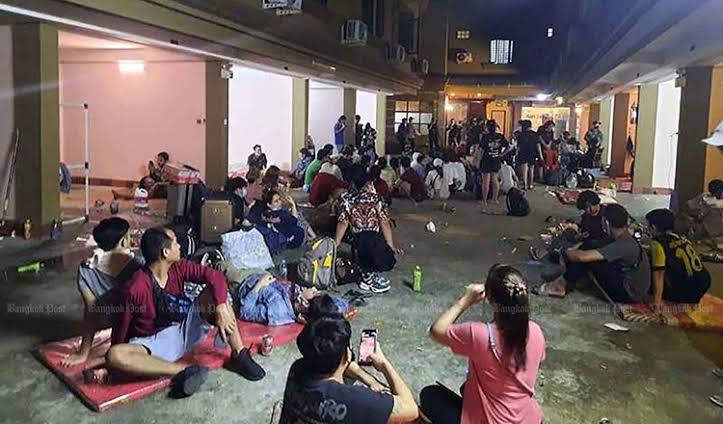A report analyzing online discussions revealed that South Africans hold a negative view of the global billionaire, using terms such as “money,” “disinformation,” and “lies.”
While some individuals question Elon Musk’s influence, debating his wealth, ownership of significant platforms, and his role in disseminating misinformation, others accuse him of leveraging his power to manipulate global narratives, propagate falsehoods, and cater exclusively to the affluent.
Critics highlight his control over X, previously known as Twitter, as a prime example of how billionaires can sway public perception online. Some argue that his platform facilitates the unchecked spread of misinformation, while others contend it enhances freedom of expression.
Musk’s background has also faced examination. Born in Pretoria, South Africa, it is said that his family benefited from the racial hierarchy established during apartheid. He grew up in a privileged household; his father was involved with the Pretoria City Council and the Progressive Federal Party, while his mother’s family had connections to the promotion of technocracy and apartheid in South Africa.
The wealth his family amassed during apartheid, along with his associations with influential governments and his remarks on race and politics, have ignited renewed discussions.
See more: Woman found guilty in UK abortion free speech case monitored by US
Although many South Africans view him as a success story, others argue that he has little genuine connection to the country in the present day.
The following is a list of the most frequently used negative terms to describe Elon Musk in South Africa, as compiled by Majoritas.




